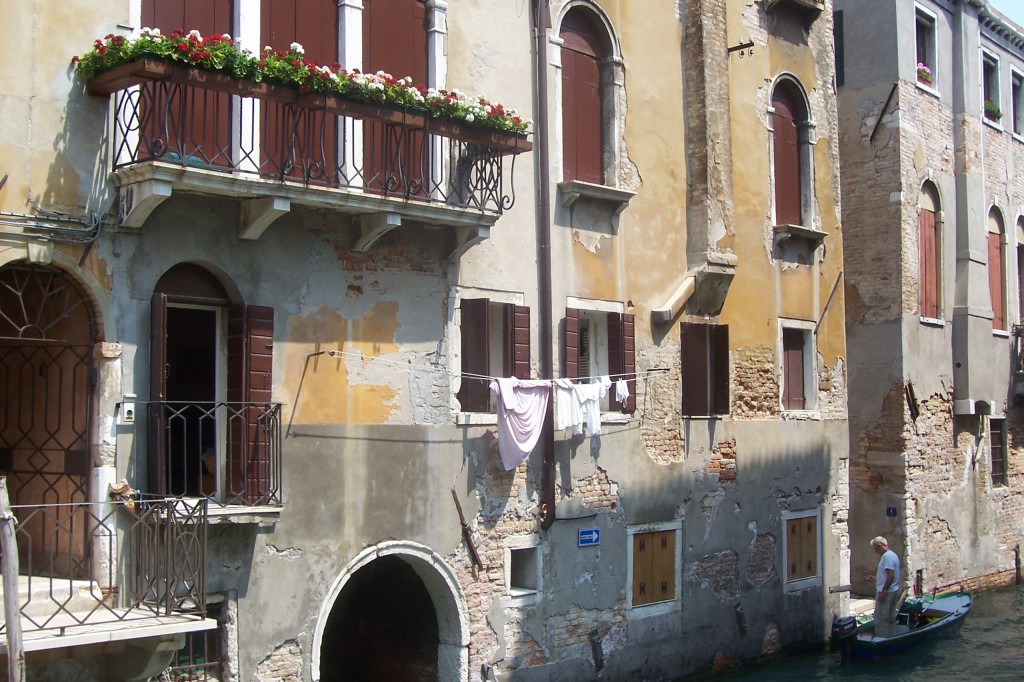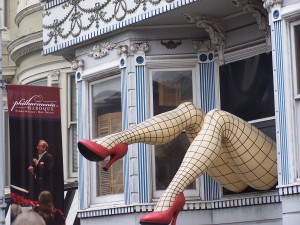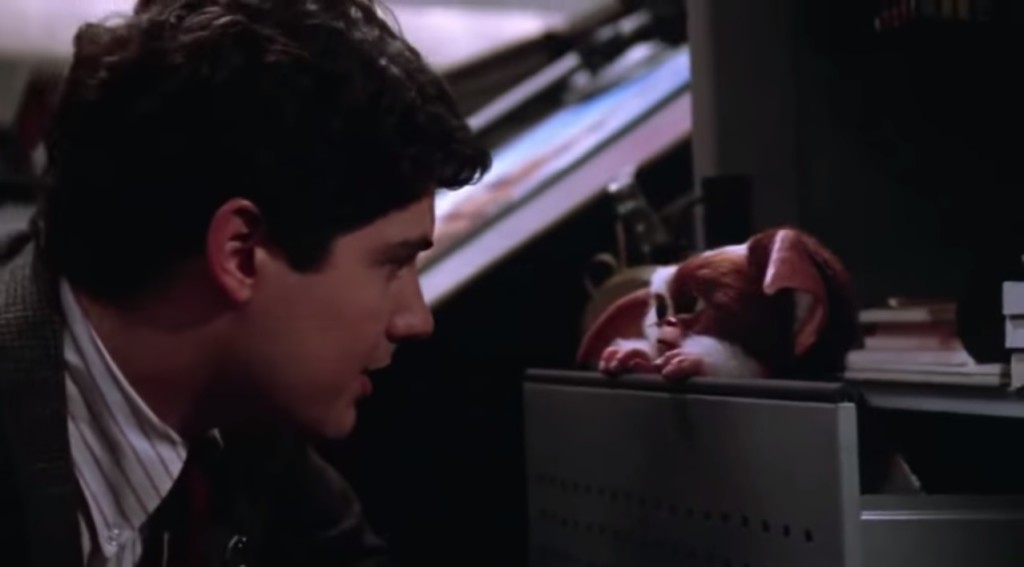
Can you believe we’re approaching August? This year a lot of friends have mentioned how they feel the days and weeks seem to be flying by. Last Saturday on our way into town for dinner, Bob and I saw three young men dressed in festive sweaters heading to what was probably a Christmas in July soiree. It was a very cold night, and I can only imagine that this trio felt very wise indeed in their warm garments as they crossed Pulteney Street. We both wondered out loud where exactly they had bought their Rudolph sweaters with bright red pom-pom noses. Then it started to rain and the traffic became the focus of my attention. Please tell me if this isn’t specific to my city, but I get the distinct impression that Adelaide drivers experience a type of Gremlins effect when it rains. Just like little Gizmo in the film who gets wet and spawns some ballistic creatures, the ability to drive or act in any rational way on the roads seems lost when even a few drops fall.
I emailed my mentor and friend, Professor Emeritus Rosalind Cartwright, at the end of 2012 about how the last couple of years had seemed to fly by. I must have given her the impression that I had been drifting along, rather than using my time and talents effectively. Writing back just a few hours later, Professor Cartwright advised me to “spend your young adulthood wisely so that in the following decades you will have something valuable to do that lasts”. And her reply ended with “I saw promise in you that needs to be a focus so that time does not continue to slip away”. I return to her email often. It really was the start of three years of more productive work in my day job, as well as the start of this blog.
Professor Cartwright’s words echo whenever I resist the urge to do what I love the most: write. Two other psychologists, Hugh Kearns and Maria Gardiner, discussed procrastination and time management among other topics in a series of seminars I attended last year. They’ve also written some pithy columns on these issues for Nature, including “Waiting for the Motivation Fairy” and “Turbocharge Your Writing Today”. Their take home point regarding time was that you are never going to have more time than you do now. Hugh also had some cool visual props, but I keep their trade secrets fresh for attendees. From these seminars, I learnt to be really honest with myself as to when I was procrastinating and avoiding writing, and when there wasn’t enough time for everything I wanted to do, which meant some things had to go to make way for others.
And so I write to you after not posting here since May. Being honest with myself, there has been maybe 5% procrastination and 95% of what feels like a faster-ticking clock than usual involved. Procrastination is peculiarly strong in writers. Anyone who writes for a living or a hobby (and I do both) will tell you that writing is the hardest part of writing. Odd given I’d be concerned if a teacher told me the hardest thing about teaching was teaching, or a doctor telling me it was, ah…doctoring. Wait, that’s forgery, right? Which a good doctor would never do, unless it’s one of those “based on a true story” TV-movie doctors who someone like Judith Light or Melissa Gilbert has to bring to justice.
Like those doctors, a lot of writers believe they’ll be discovered for the frauds that they imagine themselves to be. Pauline R. Clance and Suzanne A. Imes came up with a memorable title in their psychology research for this tendency: impostor phenomenon. I rarely see 200 lightbulbs of recognition go off so consistently than when I introduce this concept to psychology undergrads. My other consistent mental patterns are overgeneralizing and catastrophizing. If I can’t come up with a new idea, a coherent way to get my point across, or if I write a piece that I am not happy with, I start to think I’ll never write again, I’m a bad writer, and I’ll never write a piece as good as that last one. Although that last time was pure chance you impostor, you.
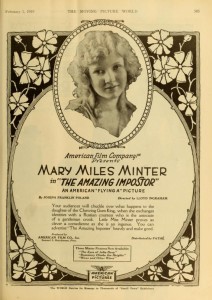
But I don’t only operate on a diet of procrastination, fear, and tapas alone. There are also more practical reasons for finding it hard to write. Since returning from Japan in late April, work has been incredibly busy and, more to the point, mentally taxing. Usually I write for the blog at night, but I haven’t had the energy after days of particularly complex and difficult research. It’s been all I can do to sit in front of the TV and watch MasterChef while thinking, Why can’t you cook like that 23 year old, you impostor… But I’ve had to realise sometimes it’s OK. I also made the decision to put on hold some initial ideas for articles as I work on three very large projects for the blog. The first is an interview conducted in late May, and is now in the writing-up stage. The second and third are two articles I am researching on actors who have passed away, but who left big impressions and much love for them behind. Although I do wish that I could increase the speed of my progress, I relish the research phase.
What do I do when I have ideas but not the time to write about them? I have notebooks all over my home office with the beginnings of articles. These may be a paragraph or two; sometimes even just an opening line. Some of these will be completed and others may fall away. But I find so long as I write them down, put the notebook to one side, and return to it every now and then, I will finish these initial ideas at some point. For those occasions when I don’t, I usually realise that’s OK, too.

There are lots of ideas in those notebooks. One of them is reflecting on the end of Mad Men in May, specifically critiques of the final episode. A lot of reviews centred on how much of a conclusion the final episode was to the series and its lead character Don Draper. Many of the shows I loved growing up didn’t have finale episodes. Often they had already been off the air for almost 10 or 20 years by then, and finales weren’t really the done thing when those shows were made. My favourite, Bewitched from 1964-72, certainly didn’t. Another favourite, M*A*S*H* (1972-83), did. It was even released on video. When I found it in Video Mania, I rented it, watched excitedly, and ran (not really, it was a distance from our house and I didn’t really run anywhere in those days) back to ask the 15 year old behind the counter if they had the last episode of Bewitched. He looked a little surprised, but to his credit he did type it (or something) into the computer. To this day I don’t really expect a show to have an end episode, although cancelling a show on a cliffhanger was done to maddening effect a few years back for my friend Paul with Kyle XY, and for me with the reboot of Dallas just last year.
I was happy with the way Mad Men did it. There was a good balance of the change required of central characters in a fictional narrative and the continuity of personality and behaviour in a person that is real life. Don would get up the next morning and his life would go on, whether he learnt to develop trusting relationships with his children, friends and co-workers, and a partner; and whether he returned to advertising. I think it was a good choice in the final season to have Don work at the real-life McCann Erickson, an agency that had existed in its merged form for 40 years when Don entered it, and which is now in 2015, 85 years old. We know that the agency would go on with or without him. When I left my first university job, I walked down the corridor, past the room where I had taught (and was, before that, a student) and almost expected the walls to come down. Metaphorically, at least – I’m sure the structure was sound. It’s like the episode of The Simpsons where Homer becomes the voice of a cartoon dog named Poochie and advises the scriptwriters, “… whenever Poochie’s not onscreen, all the other characters should be asking ‘Where’s Poochie?’” I had to realise that’s not the way the world works, and Don had to do the same. Mad Men stops telling the characters’ stories in 1970. I am sad that’s where I leave them. But, come what may, I wish them all well.
I was also pleased with a nod Mad Men gave to Bewitched in one of its final episodes. They have done this many times before. I’ve always felt that inspiration for Don Draper and co. was drawn from their adman predecessors in Bewitched. I guess since Mad Men is set in the ‘60s and briefly in the ‘70s, Darrin, Samantha, and Larry Tate from Bewitched are actually contemporaries of Don, Betty, and Roger. I’m sure it was no coincidence that that decision was made to film part of the Mad Men episode “Lost Horizon” at the Warner Bros. Ranch, formerly Columbia Ranch. On this lot is the neighbourhood known as “Blondie Street” that is home to the facades of a whole range of shows, including Bewitched. It is here that Don’s attempts to track down the mysterious waitress, Diana, end. He rocks up at the home of her husband, which was used 50 years ago as the home of Samantha and Darrin’s nosey neighbours, Mr and Mrs Kravitz! Well, The Partridge Family house if you prefer dreamy Keith Partridge. When Don leaves, Samantha and Darrin’s house can be seen across the street! I like to think Samantha was at home at the time, waiting for Darrin to come home from a hard day at his office on Madison Avenue.
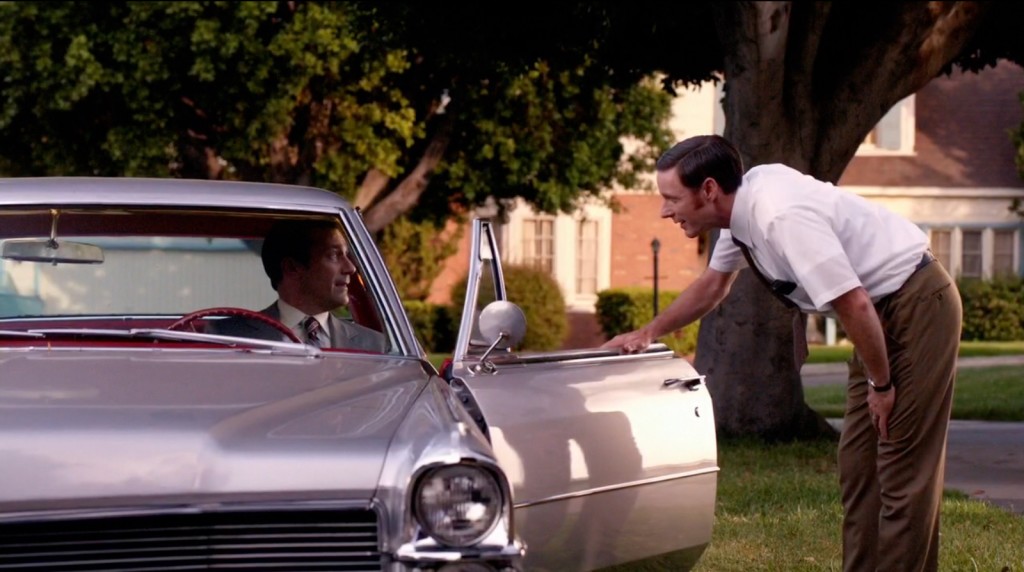
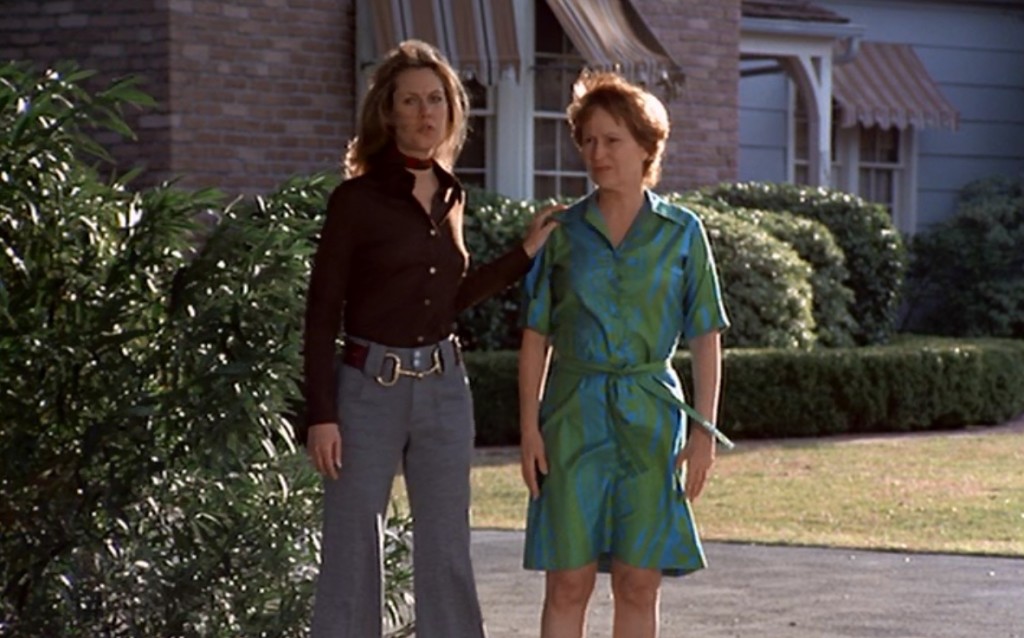
I haven’t started a new show since Mad Men finished. However, I have been engrossed in Donna Tartt’s novel The Secret History, which has also given me some ideas for a piece. In fact, about how quickly time feels like it passes. Of course, I went away to Japan in April and I should really write about that. But I know if I try to write about all of these things while I am so busy, I will probably end up writing about none. Ah, my old friends anxiety and catastrophizing, we meet again.
I am actually sitting down to write this on July 24. Some 46 years ago the Apollo 11 mission ended with the safe return to Earth of Neil Armstrong, Buzz Aldrin, and Michael Collins. The date was one I remembered from school, but I was reminded of it after watching a story on TV about the discovery of an earth-like planet, Kepler-452b. What a title. Guess “Earth” was already taken, but still.
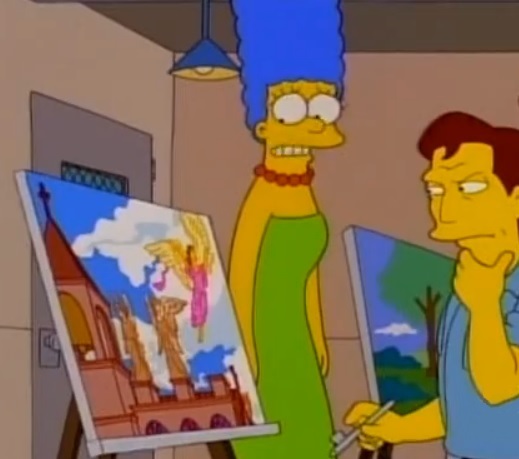
Jack: A Time to Kill.
Marge: Titles are hard.
I’ve just put on the record player an LP of The Walker Brothers before I go to get ready for my friend Adam’s birthday in the city. I usually prefer original albums to buying compilations or “greatest hits” on record, but this one was on sale. One of my favourite songs is “Stay with Me Baby”, and besides their version being included there are other great tracks. Right now “Make It Easy on Yourself”, the lead from their album Take It Easy with the Walker Brothers, is on. All right I see what you’re doing Scott, John, and Gary Walker. I’ll take it as easy as I can as I navigate the rain soaked roads, and likely more Gremlins.
Thanks to David Pierce for verifying that I did, indeed, see the Kravitz house on Mad Men. I was more focused on Samantha and Darrin’s.
